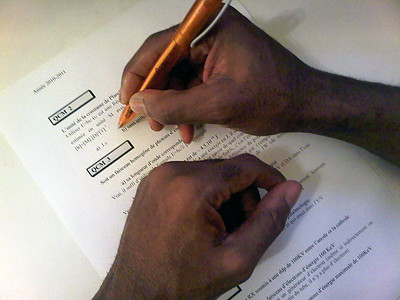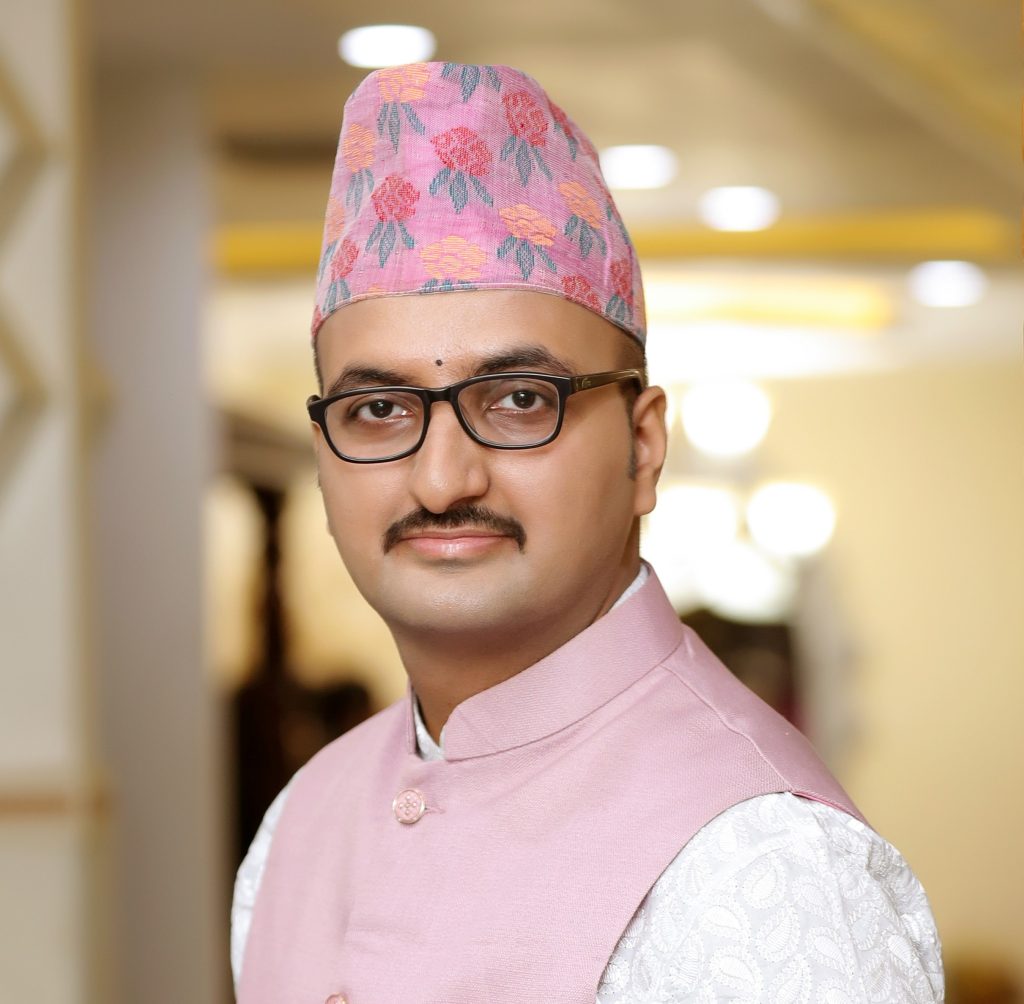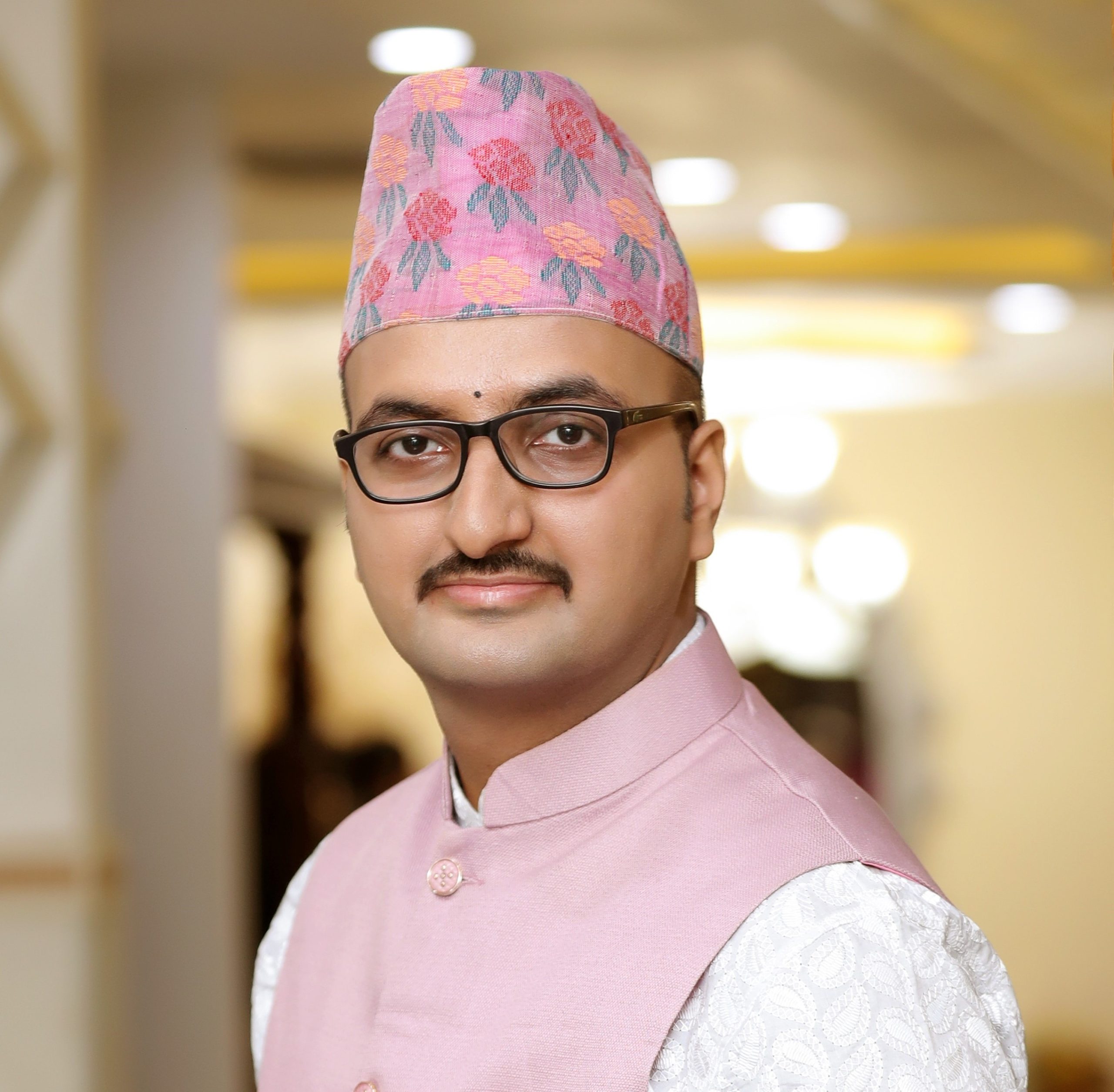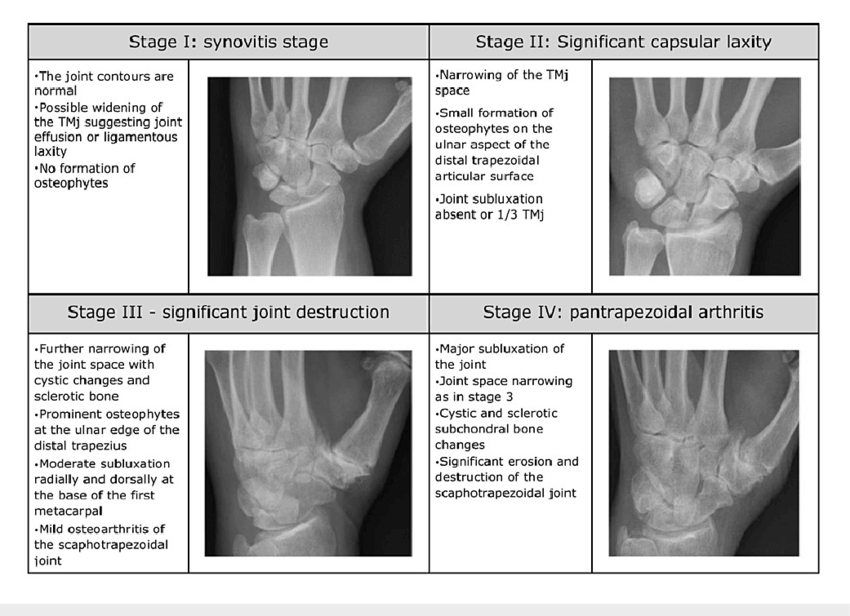(Article for Nepalese/ Indian and South Asian students)
Postgraduate entrance exam for MD/MS is one of the toughest examinations in Nepal. The cut throat competition, the dilemma between studying or earning, and the pressure to perform against the toppers and best minds in the country make it one of the hardest and most stressful phase for a medical doctor. Even though the exams NMCLE and PGMEE have almost the same content i.e. the humongous entire syllabus of MBBS, the competitive nature of the exam and insanely deep level of the content along with countless other factors makes it extremely difficult to crack the exam with a good rank. This is the most comprehensive and complete guide on how to ace the exam with flying colors.
Mental Preparation for the Exam
The exam can be easy or hard depending on countless factors. The same set of questions that seems like a mountain to your friend can be an effortless ride for you. It is advisable to prepare for the worst while hoping for the best and doing your best. You have no control over certain factors like the exam pattern, the level of difficulty of the exam, the type of the question asked, a bit of luck on the exam day, and many more.
In the book ‘Enchiridion of Epictetus’, the stoic philosopher author states regarding the dichotomy of control: “Some things are within our power, while others are not. Within our power are opinion, motivation, desire, aversion, and, in a word, whatever is of our own doing; not within our power are our body, our property, reputation, office, and, in a word, whatever is not of our own doing.” Control what you can from your side and stop caring about the rest.
Understand the exam
In the past, central universities and academies IOM, PAHS, NAMS, KUSMS and BPKIHS had their separate entrance examinations for admission in postgraduate programs on merit basis. After the establishment of Medical Education Commission (MEC) as per the law, only one common entrance exam is conducted each year and every single admission in Nepal and also for few foreign granted seats will go through the rigorous merit process of MEC.
There will be a total of 200 MCQs with four options each from 19 subjects of MBBS. This can be overwhelming because questions can be asked from every nook and corner of the MBBS syllabus which is unimaginably vast. Questions from mandatory CPD including medical ethics and communication skills are also added. There will be a single correct answer. A negative marking of 0.25 is deducted for every incorrect option. No marks is deducted for questions not attempted. The total duration of the exam is 3 hours.
Questions can be scenario-based or direct but the vignette of the question is a maximum of 60 words. On the basis of difficulty, the questions are broadly classified as 30% recall, 50% understanding, and 20% application or above. To be able to pass the exam, you must score above the 50th percentile of the total doctors. In other words, you have to secure more marks than half of the total students to even just pass and be eligible to apply for matching.
Marks distribution of the exam
| Subject | Number of Questions (MCQs 1 mark each) |
| Anatomy | 12 |
| Physiology | 12 |
| Pathology | 10 |
| Biochemistry | 8 |
| Microbiology | 8 |
| Pharmacology | 10 |
| Orthopedics | 10 |
| Surgery | 18 |
| Medicine | 18 |
| Pediatrics | 12 |
| Obstetrics and Gynecology | 12 |
| Community Medicine | 10 |
| Anesthesia | 7 |
| Dermatology | 7 |
| Forensic Medicine | 5 |
| Psychiatry | 7 |
| ENT | 10 |
| Ophthalmology | 7 |
| Radiology | 7 |
| Mandatory CPD (Medical ethics, rational use of drugs, infection prevention, BLS/ACLS, communication skills) | 10 |
| Grand Total | 200 |
Choosing the right resources
It is important to realize that irrespective of how you have studied in your medical school, you do not start with level zero for the exam. You would have already finished your MBBS and accomplished your NMCLE. Many topics you study will be a revision for you from your medical school (at least in part). However, this is the first and foremost step in preparing for any exam. You can do your own research or ask your seniors and find out what resources to follow. After extensive research and our own experience, we have the following recommendations:
- PGMEE in a Nutshell
- Mudit Khanna All India NEET PGMEE Pattern (at least last 10 years or all volumes)
- All Nepal PGMEE Easy Entry (at least last 10 years or all volumes)
- First Aid Step 1
- Review of all Medical Subjects (ROAMS)
You can also access online free content from Pre-PG, Marrow, Prepladder, Unacademy, DAMS, eGurukul, Studydote, websites, study groups, etc. You can also get a subscription to these apps if it seems best to you. There are also a multitude of apps to choose from. Even the free version of some of them provides excellent content and daily exams. You can have your own preferences.
Physical coaching for MD/MS entrance has been advertised in recent times but is relatively naïve venture in our country at present. You have to weigh all of its pros and cons including the financial aspects into consideration. If you cannot pay for online apps or coaching, there is no need to worry. You will achieve an extremely good rank if you work hard consistently. Persistence beats almost anything on the planet.
The Concept of Revision Pool
Revision pool means that certain days before your exam, you stop learning new content and start full-fledged and exclusive revision. The general recommendation is around 1 month but you can experiment with what works best for you. Once the revision pool is started till the real exam, you will be focused exclusively on revising the content you have already studied except for some negligible contents and practice tests (especially one grand test per week). Even before the start of the revision pool, you should aim to revise what you have studied time and again and also covering more and more syllabus at the same time.
Studying effectively
Needless to say, there is no substitute for hard work. Everyone can help you but no one can do all the hard work on your behalf. Your struggle is yours. Your battle is yours. You can collect all these resources a day before the exam but you need a lot of hard work to acquire the knowledge base required for the exam. The number of hours of study needed per day and the amount of time needed to prepare for the exam are less relevant than the dedication and focus you put into your study. Sincere and genuine efforts will surely succeed sooner or later.
For a general statement, at least 6 months to 1 year of dedicated time can be ideal for the entrance examination. Stick to positive friends and family members. Do not allow negativity in any form that may deter you from your goals. Do not listen to any chatter or noise of discouragement that does not motivate and uplift you. Do not doubt your abilities. You can and you will. Your persistence level must be too high to succeed despite everything life throws in the process.
Supreme Importance of Grand Tests
Grand test once a week must not be skipped. If you can manage to give more, you can but one grand test of 200 questions in a simulated environment just as the real examination should never be skipped. This can be done with online or physical tests. Online free ones are also available. You can even print and practice filling OMR sheet at your home. Appearing for grand tests, daily free tests, and practicing MCQs was an integral part of my preparation. You can even create those tests yourself from any MCQ book or mobile application.
After the grand test, review the questions sincerely. Understand the explanations, mistakes and between which options the examiner was trying to confuse you. This is the comprehensive approach to the MCQs that will pay you in long run instead of just memorizing the answers which is one of the least effective ways of studying. Pay attention to all level of questions, not just the hard ones. Nevertheless, the marks obtained in these tests should be used as an encouragement regardless of your marks. Do not compare your marks and rank with your friends or others. Compete with yourself. If you are becoming better and doing your best, trust me it is more than enough.
It is also important to realize that no matter how hard you work progress is not always linear. While practicing MCQs, you have to be fast but at times, even outside the grand tests, solve the MCQs as you would have solved it in the real examination. Apply every technique to get it right just like you would do in real examination. This will help you in countless ways. Do not make the habit of directly looking into the answer before attempting the questions.
Strategy for the exam
In the exam, being calm and composed is immensely helpful. Anxiety and nervousness will not only affect your ability to recall what you have studied but also make blunders, silly mistakes, and errors while filling up the OMR sheet. Exams test your cumulative knowledge till the date of the exam. How well you perform in the exam depends on numerous factors including your medical school academic base, your level of preparation, and obviously a bit of luck on the exam day.
Attempt the questions with a cool head. In the first attempt, attempt only those questions, you are sure of. If you have the slightest hint of confusion, move on to the next question. In OMR sheet, you cannot change your options once ticked so be very careful while filling it. Most importantly, you cannot afford to make mistakes on roll number and set number.
If you do not know the answer, move on to the next question. Our subconscious mind works in wonderful ways. You might actually recall the answer from your study session or you might find the hints in other questions and options so never attempt confusing questions in the first go. Only tick the ones you are completely sure of then come back for a second round. You can mark the questions in the question paper for the second round.
In the second round, attempt questions that you know something about. Use recall and your techniques and solve them with proper time management. The hardest one in which you are clueless should be attempted at last i.e. the third or the last round. Time management is crucial. You must be mindful to solve the questions within the specified time limit.
In an exam with a negative mark, leaving questions you are clueless and confused over all four options is usually the best option. Even for questions you know nothing about and you want to attempt it, rather than marking a random option, try to make an educated guess as far as possible.
Drilling into the MCQs setter’s Mind (21 Ultimate tricks for solving MCQs)

MCQs is literally one of the best format of questions. The assessment is 100% objective and nothing can affect its evaluation. The answer is already there for you to identify but it is equally tough to rule out the other three options. If you know the answer to the question, the knowledge is superior to all of these 21 tricks combined. However, in questions where you are not sure about the answer, these methods can come in handy. A word of caution is not to rely on this method entirely but combine it with your knowledge to get closer to the right option.
- Every MCQ has a stem with keyword(s), the correct answer, and three distractors
- Read and analyze the question: Every question has some keywords or clues that must not be missed. Words like “not”, “expect”, “only”, etc. are hidden in the vignette so hunt for them carefully to avoid silly mistakes and blunders.
- Read the question twice. Keywords can be missed in the first scan. Reread the question and you might have a much clearer or entirely different picture.
- Understand the risks. In an exam with negative markings, making a guess comes with a risk. If you are confused about all 4 options, you have a 25% chance of getting it right. If you are confused between only 2 options, there is a 50% probability that your ticked answer will be right. This understanding will help you decide whether to attempt or skip the question.
- Apply elimination method. If you do not know the answer, start eliminating the options from your knowledge. Eliminate options that you know are definitely incorrect and narrow down your answer to 3 or 2 options and raise your probability to get it right.
- “All of the above” when present in the options is more likely to be the answer. If you know two of the options as correct in such questions, the answer is obviously “all of the above”.
- In contrast, the option “none of the above” is less likely to be correct because a single correct option rules it out
- Options with extreme words viz. “never”, “must”, “all”, “always”, and “every” are less likely to be correct than other options
- On the other hand, options with a conditional word e.g. “usually”, “probably”, “may”, “frequently”, or “can” are generally correct
- Examiners and verifiers are more concentrated on the correct choice and hence incorrect answers may have grammatical errors or typos
- As per some surveys based on the psychology of the test paper setters, if there are four options in a question, it is most likely that option “b” will be correct
- Outliers where one option is distinctly different from the other three are more likely to be correct. However, at times, the only very far-fetched away option can be eliminated at first.
- The answer to a multiple choice question is about the best option, not necessarily the correct option at all times
- Funny options or those with absurd information are rarely correct. Such options are usually added when the examiner is not getting more options to add.
- The longest option is mostly the right answer. Question designers often cannot make a right option any shorter, but have complete freedom with the wrong ones.
- Usually, the first impression answers about something you have no idea about is the right option. One crucial reason for this is that in exams we forget that we have practiced the question but while practicing, we tend to put more emphasis on the correct option ignoring the others.
- If repeated words or content are present in more than one option, the answer is likely to be among those options
- Sometimes units of the answer can be a great hint, especially in numerical questions. In numerical questions, the middle-order values are generally correct.
- If two options are opposites, one is likely to be correct. Examiners’ first made-up option is likely to be the correct option’s opposite.
- Eliminate choices that basically mean the same thing. They are just worded differently.
- A last point of advice is that if you are very short of time, have no time to read the question, and want to attempt it, mark the same options regularly in consecutive questions. This is better than making random ticks in which case none of your answers might be correct.
Should you quit your job to Study?
Continuing a job (apart from the scholarship bond and one year of experience) is a double-edged sword. On one hand, you may have to sustain yourself and on the other, you might have very little time to prepare for the entrance examination. Ideally, if you can sustain yourself financially, it is advisable to quit the job and give at least 6 months to 1 year of dedicated time to your academics. More often than not, this is not possible due to familial and personal issues. So, whenever you can choose a job where you can get as much time for study as possible.
Little is better than nothing and over time all of your efforts will get compounded to yield great results. Try to study every single day. Even a few minutes of everyday study will add up in the long run. I know how hectic an on-call duty can get. We all have been in those shoes sometime back. After an overnight call duty, all you want is to go home, eat and sleep. This is completely fine. Rest. Take care of yourself.
However, if you are continuing your job and preparing for PG entrance and aiming for a very good rank, you have to go that extra mile, study that extra hour, and sacrifice innumerable pleasurable activities. Juggling between your work and study is very hard, but if you have the fire inside you and the zeal to excel, all of it will be worth it. Years and years of blood, sweat, and tears will be evaporated in a moment of success.
What if I need a lesser rank for my dream branch?
Choosing your subject is a vital part of your career. It is as important as choosing your career after your SEE and class 12, if not more. You have to consider countless factors to decide the field you want to enter which will be an integral part of your identity for life. Your interest must be one of the determinants in choosing your field.
The rule of thumb in selecting a PG branch in a particular college is that the branch should always be your first and supreme priority over the college or scheme you are studying (scholarship or payment). You will only spend three years in the college whichever it is but after these years, the branch will be an integral part of the rest of your life. In any college, it is you who have to study so you can be among the best in your fields grabbing countless opportunities and overcome even the lowest-ranked college through your hard work and determination in your professional standing.
No matter which field you choose, you should always strive for excellence. Regardless of your subject of choice, it is always advisable to give your best. You might have a subject of choice where you could get away with lesser rank even on scholarship or payment. However, in a real exam with thousands and thousands of competitors, you never know how you will perform. Targeting a 500 rank (just for example) might push you down to over 2000 or even make you struggle to pass the exam. So, always do your best to get the best possible rank. You can always choose your field of expertise once you get a good rank but not the other way around.
What if you do not get your dream branch?
So you passed the exam and got a rank but failed to get the desired branch. Maybe you need a much higher rank than the current one as you could not or do not want to study in payment. You can also explore other options like PG in India and other countries which comes with its own pros and cons.
The ultimate decision to study or take a drop year is always yours. If it seems best to you, dropping a few years should never be a problem in the long run, especially in our medical field. One major reason for this is that we medicos can work all our life till the very end so a few years here and there is not much of a concern envisioning the long term. However, here are the major factors that you must consider before taking admission or drop:
- Was this not your best preparation? Have you done everything that needed to be done? Have you studied all subjects in required detail, given ample amounts of tests, practiced MCQs daily, appeared in weekly grand tests, and revised properly? Are you sure there is nothing much you could do extra as you have given your everything in this exam? Is there anything in your life including family circumstances that prevented you from giving ample time to your study? If this was not your best attempt by any means, the self-satisfaction you get after taking the exam next year is priceless. If you give your best, you can see a humongous improvement. There are countless success stories about massive jumps in rank in subsequent years.
- Regardless of your number of attempts, do you think you have a concrete reason to believe that your rank will improve next time?
- Was it your first attempt when you could study if you have got the rank? Not getting the branch you want and the first attempt try is a clear indicator of taking drop year.
- If you have already taken at least one drop, are you going to change something about your efforts and preparation that you did not do in the past drops?
- Regardless of your level of preparation, are you willing to study and handle any pressure that comes in the way for next year and restart the laborious phase all over again? In addition to the pressure that may come from academics, the pressure can be from your family, relatives, and friends about your decision, plans, and exam preparations. This can be frustrating and irritating. But if you know you have done the right thing, none of these should deter you from working hard and achieving your dreams.
- Can you pinpoint a few mistakes you have made in this preparation that you will not repeat in the next preparation?
- Did you always want to get into this branch or selected few branches? Or you can consider taking what you are currently matched into? Are you genuinely informed about the branch you got this year? Being among the best in any field is a million times better than being average in the best-considered field. May be this is the time to analyze and have a deep introspection about your career goals.
- Can you sustain yourself financially either by working in a job, your savings, family, or any other measures?
- Are you going to give your best in the coming time with all the experience of preparation and real exam?
- Are you sure you are not dropping because of peer pressure, family expectations, or just for money and the glamour of a top-ranked branch? None of these cases are a logical rationale for a drop.
This is not an infallible scoring system but here is my method. Out of the total 10, if you answered “Yes” to all or most of the first questions in each of the 10 points, you should definitely consider taking a drop.
What if you fail?
Sometimes, we get so engrossed in the preparation and forthcoming celebrations that we become unable to accept failure once this sets in. It is to make you understand that any event in life is shaped by countless factors and you would only be controlling a few of the factors. If the worry of failing is constantly bothering you, you can try Dale Carnegie’s technique to overcome the toxic habit.
Firstly, realize what the worst that can happen is. You failed the exam. Alright. Just imagine this for a moment. Accept it for the time being. There are millions of other worse things in life. This is never the end of the world. Just accept it. Countless doctors have devoted years and years of their lives to pass and get their desired branch. Just accept it. Then do as much as you can to reduce the occurrence of the worst outcome that you have imagined.
Execute what you can and stop worrying or thinking about what is outside your control. Do your best. Be grateful. Pray to the Almighty. Provided you continue doing your best, there will always be sunshine one day or the other. There is always tomorrow. Have faith. Believe in yourself. This is not to encourage excuses and complacency but to make you realize that there is always hope even when everything else in your life is falling apart. As Gwendolyn Brooks once said: “Even if you are not ready for the day, it cannot always be night.”
Always remember- “You, yourself, and doing what you think best matters most than anything else. Everything else is secondary”.
Author:

Dr. Anish Dhakal
Writer is All Nepal Rank 76 in CEE MD/MS Exam 2080 and is currently pursuing MD Radiodiagnosis at KUSMS. He is the author of the books NMCLE in a Nutshell and PGMEE in a Nutshell as well as the editor of the books Stepping out of NMCLE and All Nepal PGMEE Easy Entry.





This is the most genuine, detailed and comprehensive guide I have every seen on PG Entrance preparation Kudos to the writer👍️👍️👍️.
Thank you so much. Best wishes for your preparation. If you have further queries about the book here are:
1. FAQs about the book: https://medium.com/@draryananishdhakal/faqs-about-the-book-pgmee-in-a-nutshell-7a4ed67bb03e
2. Book trailer:
https://youtu.be/cvZrcVl9jKI?si=AhVPfuu_X3u6Lan3
I m following prepladder revision notes and for mscqs latest shard Chandra pgmee is that enough books for cracking cee within 1000 rank 😀
Dear doctor, As we have said in the article, aiming for a lower rank (say 1000) in competitive exam is very risky. You never know how your competitors will perform. You have to give it your best shot, studying as much as you can, be the best version of yourself. We have already listed the list of resources we have used and shortlisted for recommendation.
How much time is needed to finish your book PGMEE in a Nutshell Sir?
Dear Dr. Prakash,
To study and digest PGMEE in a Nutshell, it depends upon many factors including how many hours you devote to study per day. We have made the book as concise as possible at the same time covering the entire huge PG exam content.
It is advisable that you finish the book at least once before you start your revision at least 1 month before exam. The more you revise the book, the more you are going to retain and score in real exam.
If you have more questions on the book, please visit our FAQ section:
https://medium.com/@draryananishdhakal/faqs-about-the-book-pgmee-in-a-nutshell-7a4ed67bb03e
Thank you so much doctor. Is your book pg in a nutshell available in Biratnagar?
Hello doctor,
The book PGMEE in a Nutshell is available in all major bookstores in the country.
You can buy directly from Samiksha publication website or contact 014230184 or message in official facebook page of Samiksha Publication for delivery at your doorsteps.
If you have more questions about the book, please refer to our FAQs:
https://medium.com/@draryananishdhakal/faqs-about-the-book-pgmee-in-a-nutshell-7a4ed67bb03e
If you
This is the best guide to PG entrance examination. Till date there was nothing like this-a single authentic and detailed guide on CEE MDMS examination. Thank you soo much for writing this. Will surely read your book and get my name in the top 100 rank in the next CEE.
Finish the book “PGMEE in a Nutshell” as early as possible so you can have a plenty of time for revision before exams. If you need more information:
1. FAQs about the book: https://draryananishdhakal.medium.com/faqs-about-the-book-pgmee-in-a-nutshell-7a4ed67bb03e
2. Book trailer:
https://youtu.be/cvZrcVl9jKI?si=LCtqXxFFEgy8y48_
Online buy: From Samiksha Publication OR https://hamropustak.com/#/product-details/6645d658906e0c0889baad16
Best wishes.
Thank You for sharing such a informative blog with us.
It Will Definitely helps the medical students to crack there postgraduate medical exams.
Thank you so much. I wished for such an amazing guide during my own preparation time. If you need more information kindly visit:
1. FAQs about the book: https://draryananishdhakal.medium.com/faqs-about-the-book-pgmee-in-a-nutshell-7a4ed67bb03e
2. Book trailer:
https://youtu.be/cvZrcVl9jKI?si=LCtqXxFFEgy8y48_
3. Buy: From Samiksha Publication OR
https://www.daraz.com.np/products/pgmee-in-a-nutshell-2081-i132763852-s1047436970.html?spm=a2a0e.searchlist.list.4.5b6c10a6mKdCJ1&search=1
https://hamropustak.com/#/product-details/6645d658906e0c0889baad16
I had only studied traditional books like mudit and roams in my 2 year bond period. Now I bought this book which was just released new after I saw recommendation in daraz 1 month ago. I am absolutely astonished by the level of effort and perfection the writer has put into it. A book of this level in nepal. Its simply and amazingly concise, to the point and so easy to revise. I finished it in 1.25 month and it has increased my confidence like none. I highly highly recommend this book to all PG aspirants. Use this book and practice past questions from nepal and india and yoi will get a very good rank.
Thank you so much for your review doctor. We wish you all the very best for your preparation and hope that PGMEE in a Nutshell will continue to touch more and more lives helping doctors all around the nation achieve their dreams.